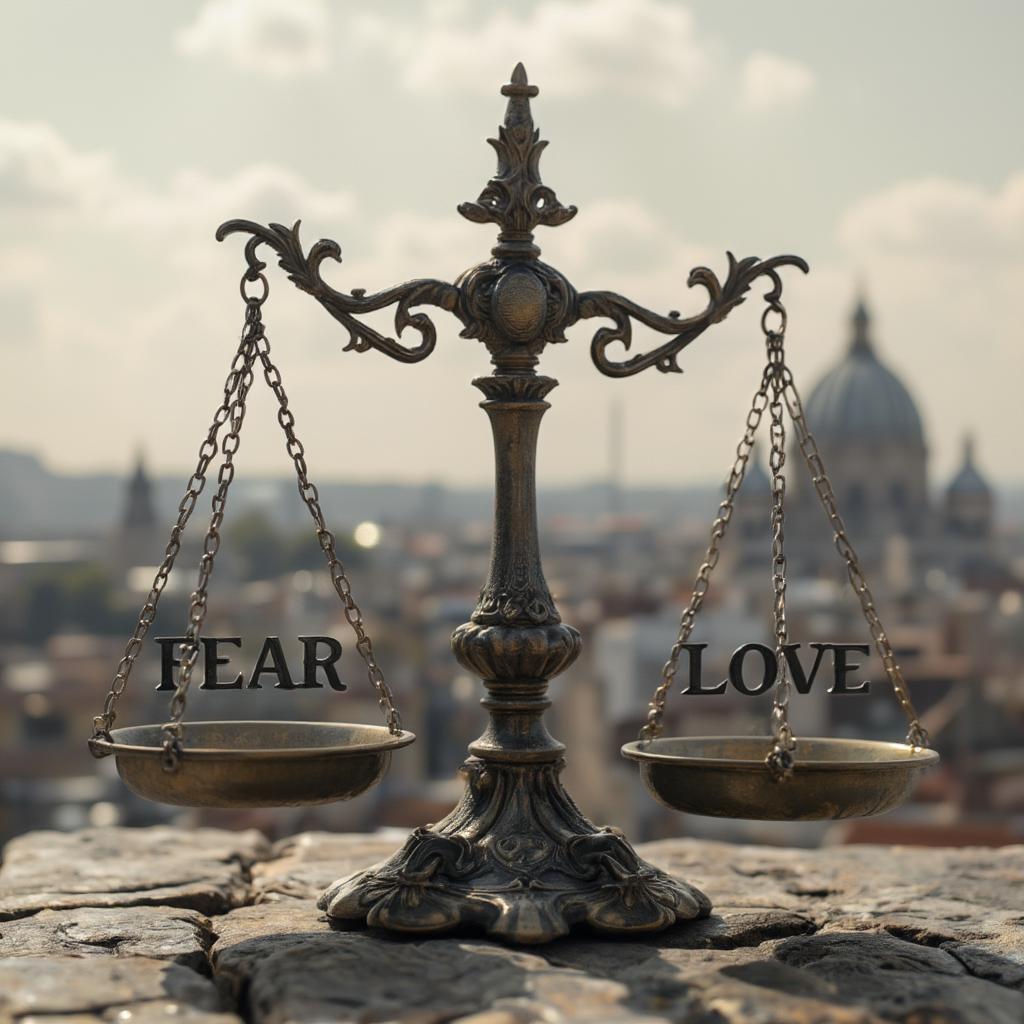Niccolò Machiavelli, a 16th-century Italian diplomat and philosopher, is widely credited with the sentiment “it is better to be feared than loved.” This phrase, often discussed and debated, stems from his influential work, The Prince, a treatise on acquiring and maintaining political power. This work explores the complexities of leadership, examining whether it’s more advantageous for a ruler to be loved or feared.
Machiavelli, The Prince, and the Question of Fear vs. Love
Machiavelli’s The Prince isn’t a simple endorsement of fear-mongering. He delves into the nuances of human nature, arguing that while being loved is desirable, it’s less reliable than fear. Love, he suggests, is fickle and easily broken, whereas fear, rooted in the threat of punishment, provides a more stable foundation for control. “Who Said It Is Better To Be Feared Than Loved?” The answer, in its most basic form, is Machiavelli, but the reasoning behind his assertion requires a deeper examination.
 Machiavelli's The Prince: Exploring Fear vs. Love
Machiavelli's The Prince: Exploring Fear vs. Love
Is Fear Truly More Effective Than Love in Leadership?
Machiavelli believed that a prince should strive to be both loved and feared, but if forced to choose, fear is the safer option. He reasoned that men are less hesitant to offend someone they love than someone they fear. This is because love is maintained by a chain of obligation which, men being selfish, is easily broken when it serves their interest. Fear, however, is maintained by a dread of punishment that never fails. “Who said it is better to be feared than loved?” becomes a question about the practicality of rule, not necessarily its morality.
The Nuances of Machiavelli’s Argument
It’s important to understand that Machiavelli wasn’t advocating for cruelty for its own sake. He believed that fear should be used strategically and judiciously, avoiding unnecessary harshness. He also argued that a prince should avoid being hated, as hatred can be just as destabilizing as a lack of fear. This nuanced approach recognizes that while fear is a powerful tool, it must be wielded carefully to be effective. “Who said it is better to be feared than loved?” points us towards a complex political philosophy, not a simple maxim.
 Balancing Fear and Love in Machiavelli's Political Philosophy
Balancing Fear and Love in Machiavelli's Political Philosophy
Modern Interpretations and Applications
The question, “who said it is better to be feared than loved?” continues to resonate in modern leadership discussions, although its application has broadened beyond the realm of political power. While few leaders would openly endorse fear as a primary management tool, the underlying principle of maintaining control through a combination of respect and consequences remains relevant.
Beyond The Prince: Exploring Fear and Love in Different Contexts
Machiavelli’s ideas, while originally intended for princes, can be applied to various leadership scenarios. In business, for instance, a manager who is too lenient might find their authority undermined, whereas one who is overly harsh risks alienating their team. Finding the right balance between inspiring respect and fostering positive relationships is crucial for effective leadership.
The Ethical Implications of Choosing Fear Over Love
While Machiavelli focused on the practicalities of maintaining power, the ethical implications of prioritizing fear over love cannot be ignored. Choosing to rule through fear can create a toxic environment, breeding resentment and distrust. It also stifles creativity and innovation, as individuals become more focused on avoiding punishment than on contributing positively.
Conclusion: Understanding the Complexities of Fear and Love in Leadership
So, “who said it is better to be feared than loved?” While the answer is commonly attributed to Machiavelli, it’s essential to understand the context and nuances of his argument. He didn’t advocate for tyranny but rather for a pragmatic approach to leadership in a challenging political landscape. While fear can be a powerful tool for control, it’s not a sustainable or ethical long-term strategy for building strong, positive relationships. Balancing fear and love remains a complex challenge for leaders in all fields.
FAQ
- Did Machiavelli believe fear was always better than love? No, he believed a prince should ideally be both loved and feared, but if forced to choose, fear was more reliable.
- What is The Prince? It’s a 16th-century political treatise by Machiavelli, offering advice on acquiring and maintaining power.
- Is Machiavelli’s philosophy relevant today? Yes, his insights into human nature and power dynamics remain relevant in various leadership contexts.
- What are the ethical implications of ruling by fear? It can create a negative environment, stifle creativity, and breed resentment.
- What is the ideal balance between fear and love in leadership? It depends on the specific context, but generally, a combination of respect and positive relationships is crucial.
- Why is Machiavelli considered controversial? His emphasis on pragmatism over morality in The Prince has drawn criticism throughout history.
- How can leaders apply Machiavelli’s ideas ethically? By focusing on fostering respect and accountability while avoiding unnecessary harshness.
Need further support? Reach out to us at contact@daiduongtranhba.com or visit our office at Michigan Ave, Suite 3100, Chicago, IL 60611, USA. We have a 24/7 customer service team ready to assist you. We also have a range of other articles on love, relationships, and personal growth available on our website. Explore DaiDuongTranhBa to discover more!


